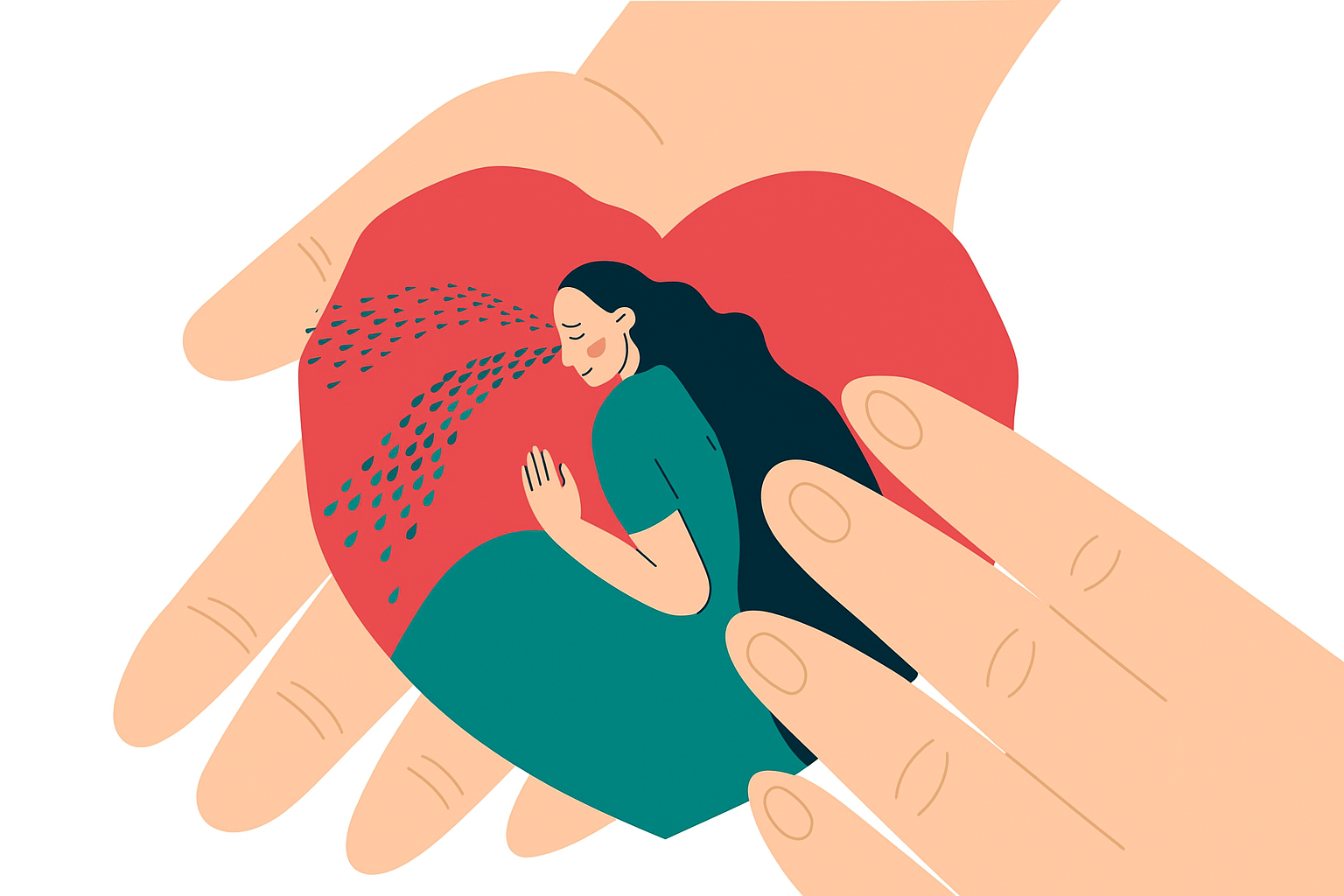In this week’s SWEET Reflections, we explore a foundational concept in therapeutic practice and transformational relationships, and it is: Unconditional Positive Regard (UPR). Popularized by Carl Rogers, UPR is the unwavering acceptance and support of a person, regardless of what they say or do. It is not about condoning harmful behavior, but about holding space for the inherent worth and dignity of every individual.
Why It Matters
Research shows that genuine acceptance and non-judgmental presence are among the most powerful predictors of positive outcomes in psychotherapy (Farber & Doolin, 2011). When people feel fully accepted, they are more likely to be honest, open, and willing to engage in the difficult work of change. Beyond therapy, UPR is equally transformative in leadership, teaching, parenting, and everyday relationships.
The Science Behind UPR
Neuroscience suggests that environments of safety and acceptance activate the brain’s social engagement system (Porges, 2011), lowering defensive responses and fostering trust. This allows individuals to access higher-order thinking and emotional regulation, which are essential for growth.
How to Practice UPR in Daily Life
- Separate the person from the behavior – Recognize that actions can be addressed without withholding respect for the person.
- Listen without immediate judgment – Give others space to speak their truth before forming a response.
- See the humanity first – Look for shared experiences, emotions, and needs.
- Hold space in difficult moments – Stay calm and present even when disagreements arise.
- Reflect worth back to the person – Verbally or non-verbally affirm that they matter.
Reflection Prompt
Think of a recent interaction where you found it difficult to maintain unconditional positive regard. What would it have looked like to fully accept the person while addressing the behavior?
At SWEET, we believe UPR is not just a clinical tool; rather, it’s a way of living that has the power to heal, connect, and transform.

